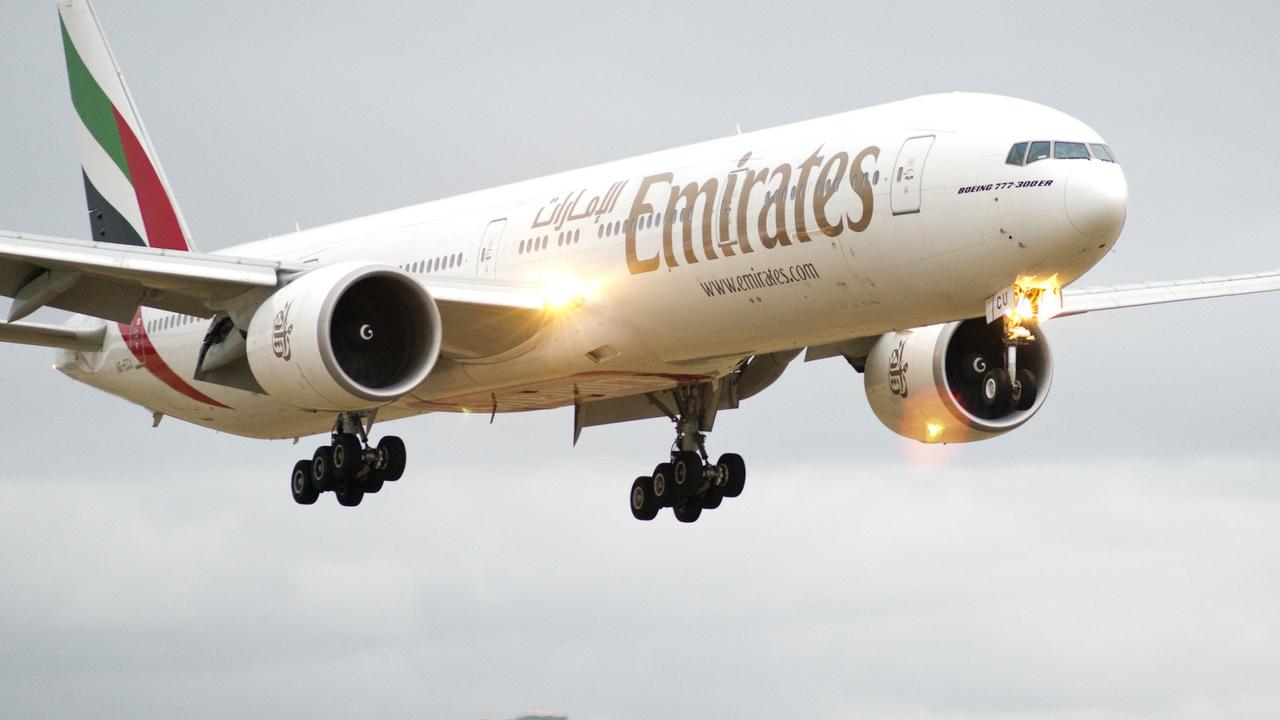Palau has introduced a ‘passport pledge’ visitors must sign in order to enter
IN a world-first initiative, tourists hoping to visit the paradise archipelago of Palau will only be permitted to enter the country if they agree to one condition first.
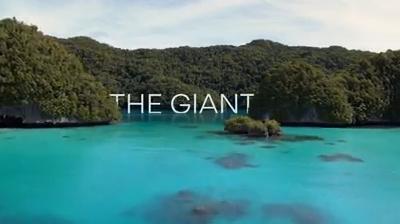
PALAU, an archipelago made up of some 200 islands in the western Pacific Ocean, has introduced a “passport pledge” that visitors must sign before entering the country. The island community has introduced the unique pledge in the hope it will help preserve their homeland for the generations to come.
It is the first nation to change its immigration laws in order to protect the environment.
While tourism can bring many social and economic benefits to a region, it can also cause extensive damage. Mass tourism in Palau is having a devastating impact on the limestone and volcanic islands, with its rich biodiversity under threat. Water supply, beaches, coral reefs and heritage sites are all affected.
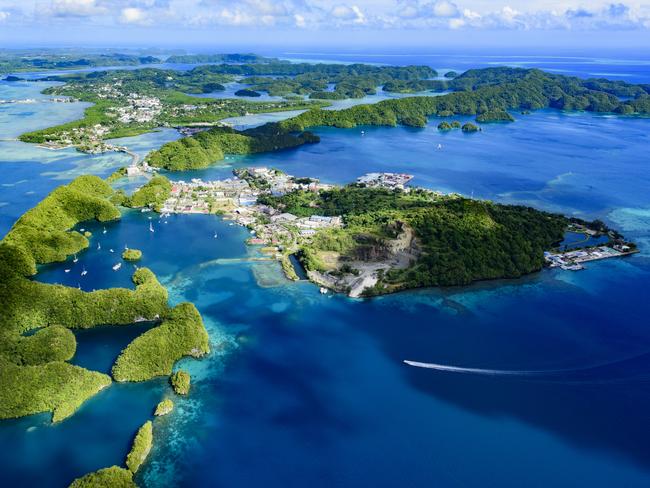
The pledge, which was drafted with the help of children from across Palau, reads:
“Children of Palau, I take this pledge, as your guest, to preserve and protect your beautiful and unique island home.
“I vow to tread lightly, act kindly and explore mindfully. I shall not take what is not given. I shall not harm what does not harm me.
“The only footprints I shall leave are those that will wash away.”
It is stamped in visitors’ passports and must be signed before tourists are permitted to enter the country.
People found breaking the conditions of the pledge may be fined.
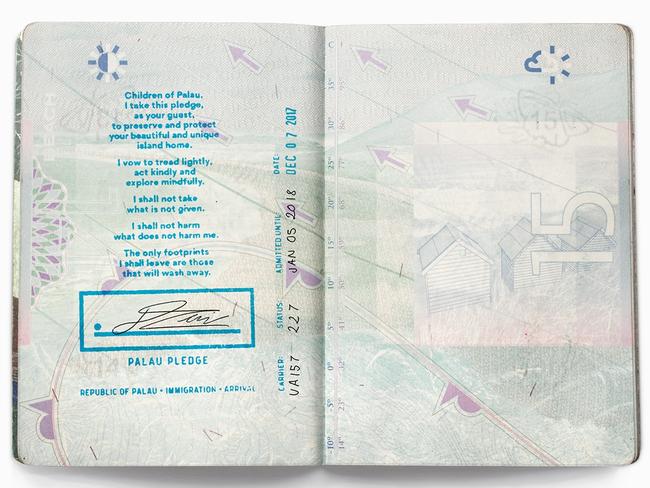
The people of Palau — from the country’s president to the residents — have also taken the pledge. Keobel Sakuma, the director of the Palau National Marine Sanctuary says that he hopes the world will take notice.
As part of the pledge, people are advised that they must not collect marine life souvenirs (such as shells and coral) or feed sealife, must avoid treading on or touching coral, must respect the local customs and people, and must not litter.
To date, 13,624 pledges have been taken.
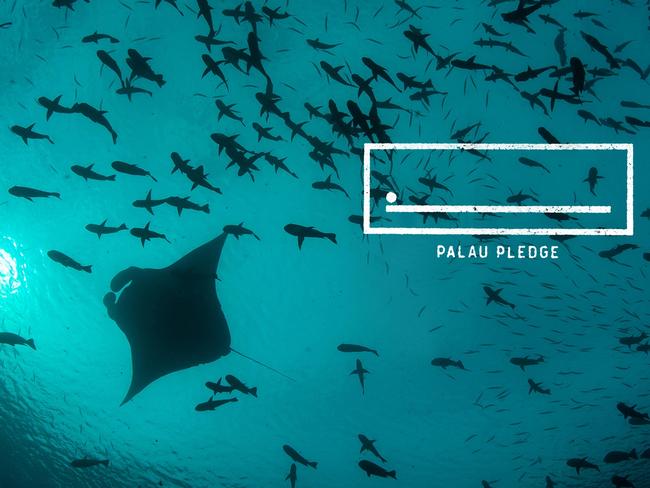
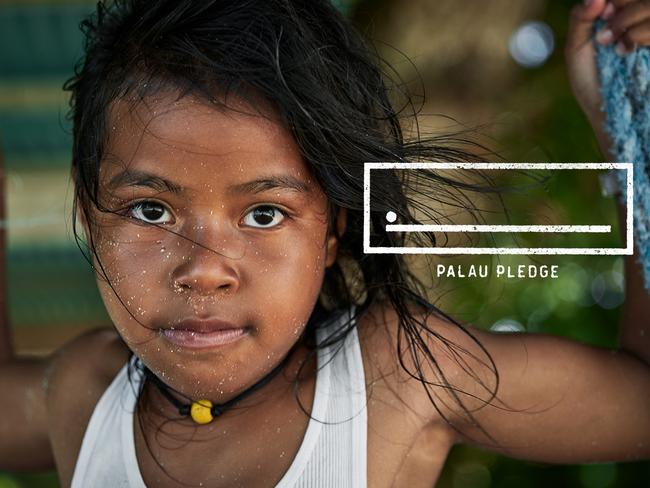
Palau began the fight to protect its environment in 2015 when it declared 500,000 square kilometres of its waters a marine sanctuary. Commercial fishing and oil drilling is banned in this region.
The country is also educating its younger citizens about looking after their island home, with environmental programs being included in school curriculum at both primary and secondary levels.
According to the Australian Government website, our own Great Barrier Reef is also suffering as a result of tourism. “Human activity in the Reef areas has led to increased pollutants and the reef has suffered damage” reads the website. Precious coral is destroyed by people walking on it, boats dropping anchors and leaking fuel, not to mention wider-scale destruction caused by global warming.

